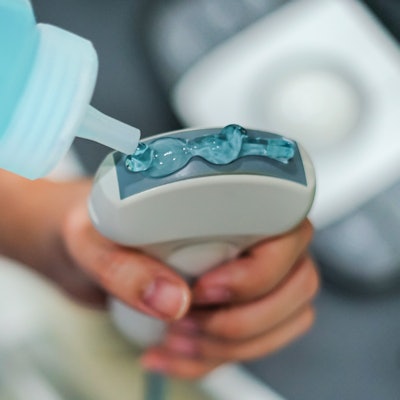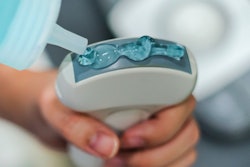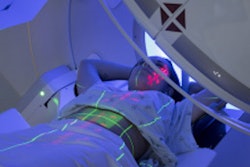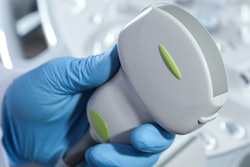
Ultrasound gel is not produced as a sterile product, and precautions must be taken to reduce the transmission of viruses and bacteria, Public Health England has warned. The group has issued a three-page document to address the issue of contaminated ultrasound gel.
The new guidelines state that the risk of infection is greater for certain procedures than others, including for the following:
- Invasive procedures, i.e., any ultrasound-guided procedure that involves passing a device through tissue, such as intravenous line insertion or fine-needle aspirate
- Contact with nonintact skin
- Contact with a mucous membrane (e.g., transrectal or transvaginal procedures)
- Examinations on immunocompromised, neonatal intensive care, or critically ill, hospitalized patients (such as in high-dependency settings).
Nonsterile ultrasound gel may be used during low-risk, general examinations on intact skin, noted the document, which has been distributed to members of the British Institute of Radiology.
The agency reminds healthcare practitioners to use only unopened sachets/containers labeled sterile. The gels are for single use, and once opened, they must not be reused, either with other patients or later with the same patient, it says.
For other guidance related to ultrasound gel, read Public Health England's document.



















